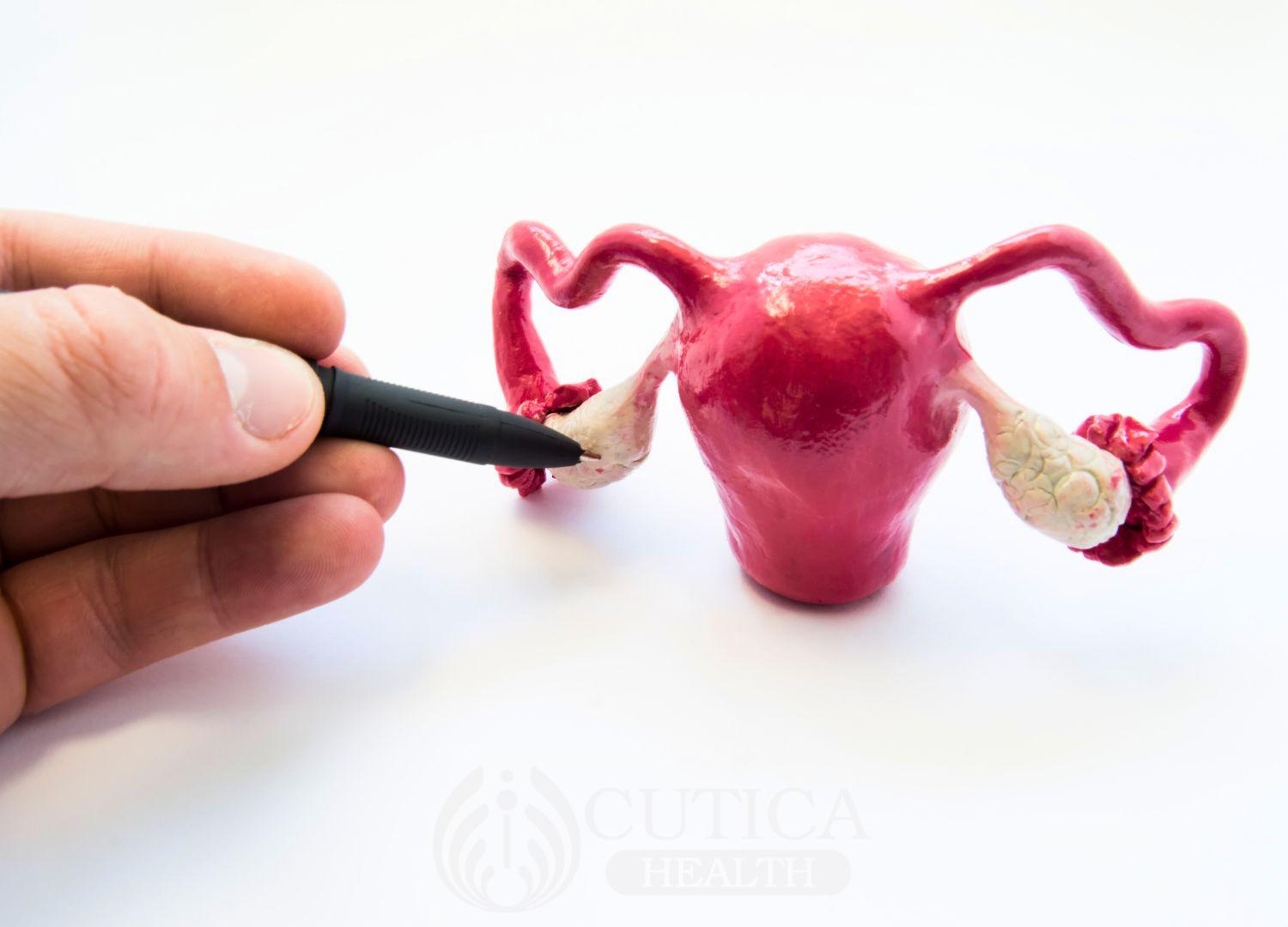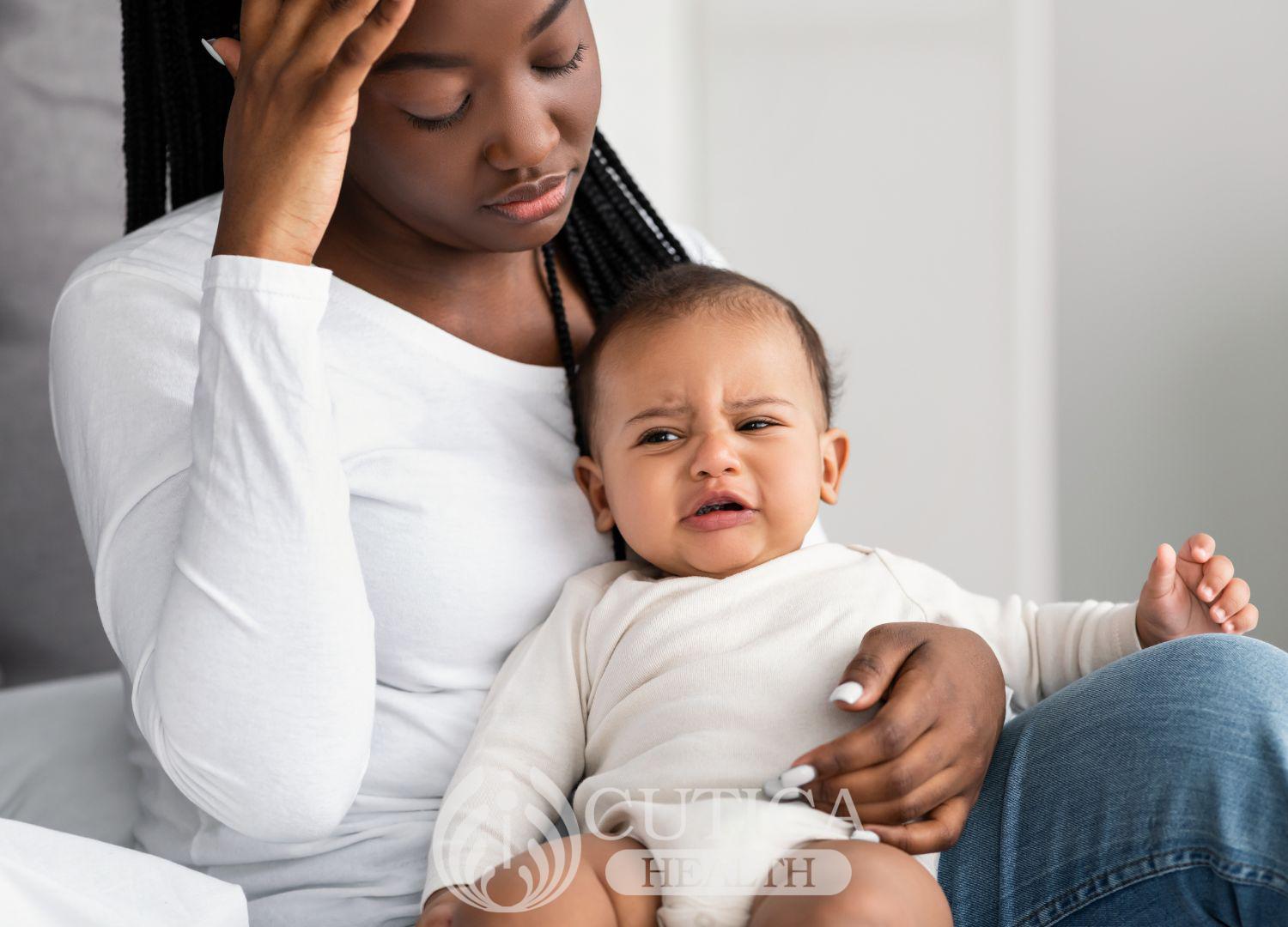
Mrs. Madu visits her son’s pediatrician with a complaint that has troubled her for quite a while – “Why has my son continued to wet his bed, even now that he is 10 years old?”
Mrs, Madu’s son, Emeka, had been bedwetting since he was a toddler. His parents thought it was not completely out of the ordinary so they engaged in a watchful wait to see if he will outgrow it – as most children do.
They would set a toilet schedule for him and even wake him up at set times of the night to urinate, whether or not he had an urge to. This didn’t help much, as between those hours, he would usually wet his bed.
Feeling slightly concerned, they decided to leave him alone to avoid embarrassing him or damaging his self-esteem.
But Emeka turned 6, then 7, and now 10, and still wets his bed. Although not as frequently as it was when he was much younger, he wets his bed at least three times a week. Emeka himself had started to feel something was wrong with him after his peers made fun of him after bedwetting at an overnight Scouts camp. This time, Mrs. Madu had had enough and visited his pediatrician to seek expert advice.
What is Bedwetting?
Bedwetting, medically termed nocturnal enuresis, is the involuntary passage of urine when one is sleeping. This is fairly common in infancy and early childhood as this age-group represents the potty-training years when children learn bladder training and voluntary control of urination. In fact, during these years, children may wet the bed every night or on most nights.
Most children would have achieved some degree of bladder control by the time they turn 4. Bladder control involves the coordinated action of the muscles and nerves of the bladder and the central nervous system (brain and spinal cord).
Although the age at which children achieve bladder control is not cast in stone, many children still wet their bed up to the age of 5. What is outside the normal range, however, is when a child continues to wet the bed beyond the age of 6 or 7, the age at which a child is expected to have attained full bladder control. Boys are more commonly affected than girls. Emeka’s mother was right to seek professional opinion since he was still bedwetting at the age of 10.
What Causes Bedwetting?

This question has crossed the mind of every parent whose child had to endure this. But contrary to what most parents may assume, most cases of bedwetting do not arise from an underlying disease. There is only a small group of children whose bedwetting results from an underlying illness.
There are two types of bedwetting – primary and secondary bedwetting.
Primary bedwetting describes bedwetting that has continued since early childhood. In this type, bedwetting begins in a child’s potty-training years and does not resolve after the age when a child should achieve full bladder control. This describes Emeka’s case.
Secondary bedwetting, on the other hand, describes bedwetting that resumes after at least six months of not wetting the bed. If a child stops bedwetting for at least 6 months, only to start again, this is called secondary bedwetting.
Now, why this division? This categorization of bedwetting helps to determine the underlying illness.
Primary bedwetting often results from failure to achieve bladder control. The coordination of urine flow that is controlled by a child’s nervous system and urinary organs is not fully developed; hence, the child cannot hold urine while asleep. This is the more common type of bedwetting.
In children who have attained this milestone, a full bladder awakens them to go to the toilet: this is the role of the brain and spinal cord in the urination process. In children with primary bedwetting, this coordination is absent while they sleep.
Secondary bedwetting usually occurs in a child who has previously achieved bladder control, and it is usually a sign of an underlying medical or psychological problem.
Common causes of secondary bedwetting include:
- Structural abnormality of the urinary organs.
- Nervous system problems that disturb bladder control
- Diabetes
- Urinary tract infection
- Constipation: Impaction of feces can cause straining when a child attempts to pass stool. This may injure the sphincters and muscles controlling urine flow.
- Emotional problems such as parental neglect, problems at school, starting school, etc.
- Sleep disturbances
- Genetic predisposition: Bedwetting runs in some families such that parents who wet the bed as children may have children who experience the same.
- Medications: Medications or even drinks containing caffeine may cause bedwetting in a child who may not have experienced such.
Can Bedwetting be treated?

Bedwetting is treatable and often requires a multidisciplinary team of pediatric specialists to treat. It is a good time to seek help if a child still wets the bed after they have turned 5-7. Treatment is not indicated for children younger than 5 years, as bladder control is still underdeveloped in those years and the symptoms are likely to spontaneously resolve.
When you take your child to the doctors for concerns about bedwetting, they will ask questions relating to the symptom including his or her nighttime routines, diet, developmental milestones, family history of bedwetting, recent stress, and use of medicines that could predispose to it.
A diagnosis of primary bedwetting is straightforward and often requires no diagnostic investigations. However, for secondary bedwetting, your child’s doctor may order certain tests including Urinalysis, X-rays and ultrasounds of the urinary organs including the kidneys and bladder, and sleep tests.
Treatment for bedwetting varies depending on the underlying cause. If a doctor finds an underlying condition – emotional or medical – it will be treated appropriately. Once these causes are addressed, bedwetting resolves by itself.
Doctors recommend treating a child with primary bedwetting symptoms conservatively using home remedies. These techniques are often successful in eliminating bedwetting. These include:
- Reduce the intake of fluids and caffeinated foods and drinks at nighttime.
- Have your child urinate just before bedtime
- Set timelines for your child to use the toilet; however, be careful with this because frequently awakening may alter your child’s sleep pattern and worsen the symptom. After at least seven nights of keeping a toilet schedule, the child may begin to wake up by himself to use the toilet.
- Use cognitive-behavioral techniques: These are self-awakening programs such as daytime rehearsals that help your child simulate nighttime conditions – such as pretending to be partially asleep – when they go to urinate during the day.
- Create a system of reward for every night your child makes it through the night dry. Such reward systems have been found to improve bedwetting in most children, with significantly low relapse rates.
- Avoid using diapers for your children at night, as this may reduce the motivation to use the toilet at night.
- Provide adequate emotional support as your child gets through this; Avoid blaming, teasing, or punishing your child for bedwetting, as these exacerbate the issue. Focus on the problem, not the child.
- Use bedwetting alarms: A majority of children who use these alarms stop bedwetting after 12 weeks. These alarms work by setting off with loud sounds when the child starts to wet the bed. This wakes the child up to finish urinating in the toilet.
These bedwetting alarms have become the mainstay of treatment for bedwetting and are even preferred over medicines.
Are there Drugs for Bedwetting?
Two drugs are approved by the United States Food and Drug Administration (FDA) for the treatment of bedwetting. These include desmopressin and imipramine; however, doctors only resort to these treatments when home remedies fail.
The problem with these medicines is that they have a lower cure rate (10-60%) and a high relapse rate of more than 80%. This is unlike bedwetting alarms that have a cure rate of over 90% and a low relapse rate.
Furthermore, children who have an underlying structural problem may need surgical correction to eliminate their symptoms.
“This article was sponsored by Fidson Healthcare PLC”












